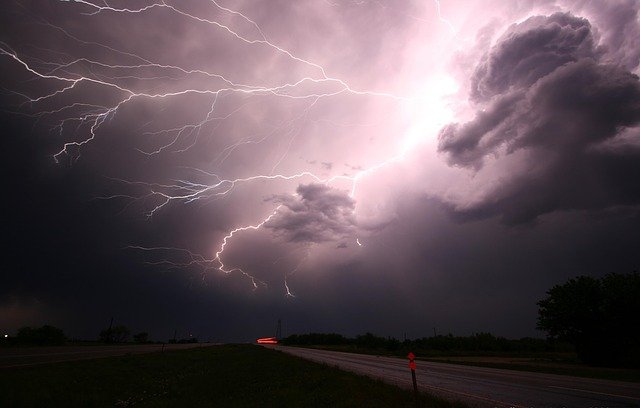INTRODUCTION
Population: It is defined as a number of the entire living beings of the same species and group who live in a certain location anywhere around the Earth and have the capability to interbreed.
Population Growth: It is defined as the rise in the number of people/individuals in a population.
Every year there is approximately a 1.1% growth rate in the global human population that adds 83 million individuals to the already existing human population per year. The human population has been increased up to 7.9 billion in 2020 since 1800 when the population was 1 billion.
Also read: Urbanization – Causes, Effects, and Solutions.
CAUSES OF POPULATION GROWTH
Technology related to health services is constantly getting upgraded. There is a notable reduction in the death rate. Along with these factors, other causes of population growth are mentioned below.
1. Death Rate: It is defined as the number of death in a population of a certain location. As medical facilities have developed and upgraded, now the death rate has been reduced than before.
2. Birth rate: It is defined as the number of births every year per 1000 people in a population of a certain location. The birth rate has been escalated due to a decrease in the death rate.
3. Fecundity: The high fecundity rate is also responsible for population growth. It is a different term than fertility rate. It is defined as the number of children an individual produces in a time span.
4. New Born Survival Rate: The newborn survival rate has been increased due to improved and upgraded medical services.
EFFECTS OF POPULATION GROWTH
The growing population is putting stress on natural resources. Natural reserves such as water resources are getting depleted due to overpopulation and improper use. The effects of population growth are mentioned below.
1. Food shortage: The growing population needs food for a living. The food production rate is disrupted due to the growing rate of the human population and decreasing biodiversity.
2. Climate Change: Human-induced climate change has led to increasing natural disasters. Industries are increasing in numbers to produce more food and products to meet the need of the growing population, this is resulting in higher emissions of CO2, which is leading to Climate change. For more info read our article: Climate change and its Causes and Effects.
3. Unavailability of Land: Urbanization has negative consequences on the environment. There is a shortage of sustainable land due to the increasing population.
4. Pollution: The growing population is responsible for environmental pollution such as air, water, and land contamination.
5. Deforestation: The increasing population needs land for settlement and housing schemes are clearing forest cover.
6. Poor Sanitation: There is a lack of adequate sanitation facilities i.e. landfill sites due to the increasing population.
7. Poverty: The poverty rate has been raised due to the increasing human population and unstable economic development.
8. Disease Outbreak: The growing population is also favoring the conditions of disease outbreaks.
9. Water Crisis: Water contamination due to industrialization has stressed water reserves and the world would soon experience the issue of the water crisis.
CONCLUSION
The growing human population is directly linked with a degraded environment and ecosystem. Since the industrial revolution, the environment of the Earth is getting contaminated with harmful chemicals. Climate change along with other factors is showing negative consequences on the human population, although climate change is a human-induced phenomenon.
You might also like: Global Warming – Causes, Effects, and Solutions.
I hope you all liked this post! Please comment below if you have any suggestions, comments, or feedback! We at #envpk love hearing from our readers! Thanks!





1 Comment
Informative! But add references when you’re giving any argument or fact. It would be more beautiful…